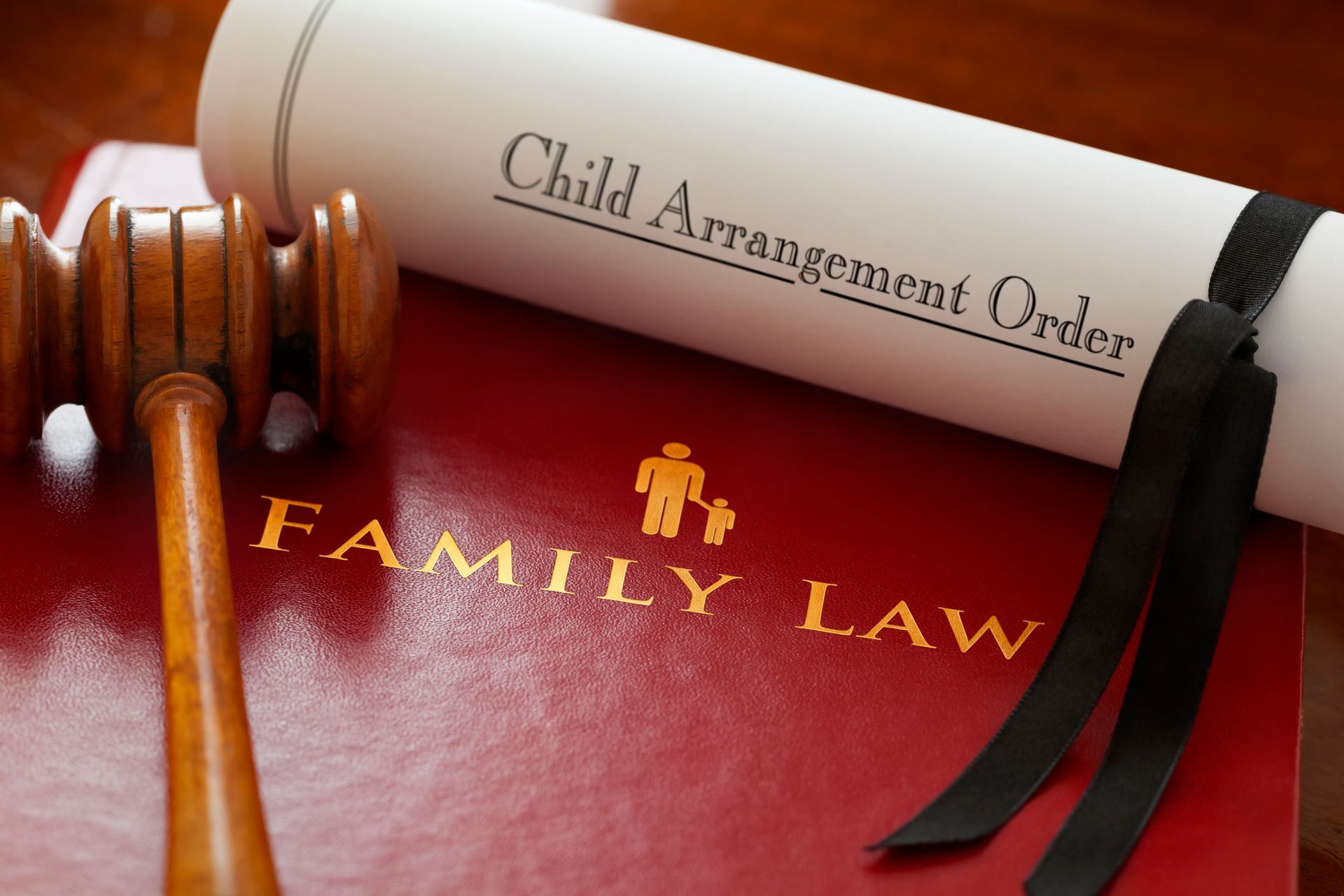Caring For Minor Relatives? Legal Guardianship Could Benefit Everyone

Do you care for the minor child of a family member? More and more families find themselves making informal arrangements when children — or a particular aspect of their life — cannot be cared for by biological parents. When this happens, loving relatives may step in even without legal documentation or any protection.
But should you turn your informal care into legal guardianship? How is this done? And what should you know about guardianship before entering into it? Here are some important answers to your questions.
What Is Legal Guardianship?
There are several ways that one or more persons who are not biological parents may be granted authority to officially care for children. The most commonly understood are foster care and adoption. Legal guardianship can be more of a compromised arrangement than both of these. While it transfers legal authority to make decisions for the children, the parents are also not necessarily giving up their parental rights.
A legal guardian agrees to care for the child, making most decisions, rather than this authority being given to the state. Parents may retain their right to visit the child and often request the children be returned to their care and the guardianship terminated.
How Does Guardianship Help?
If you're already caring for someone else's child, you're likely already taking on many of the responsibilities and expenses.
However, informal arrangements have no legal protection for non-parents. You may have to return the child at any time. Parents can disregard your advice or decisions. You may not be able to claim necessary tax credits if not legally responsible for the child. And you can't make medical or financial decisions for the child.
Legal guardianship establishes your rights — including the right to choose medical care, administrate the child's finances, choose schooling, and protect the child from potentially dangerous situations within their family.
Because a voluntary guardian has more rights to act like a parent, the home is more stable for the child as well. They experience less back-and-forth travel, family conflict, and confusing parenting styles. Medical, psychological, and therapeutic care is consistent. And they have less stress by knowing what the next day holds.
How Long Does Guardianship Last?
Foster care is designed to be a temporary process, while adoption is a permanent change of parental rights. Guardianship lies somewhere in the middle of these. You may seek guardianship in a very limited or temporary way, or it may be permanent.
Limited guardianships often transfer decision-making rights only over one area of a child's life, such as financial management of a large inheritance for a parent who isn't capable of doing so. Or the guardianship may be more wide-reaching but only temporary in duration. For instance, if a parent must seek inpatient medical or psychological treatment, they may need a family member to temporarily care for their child.
Whatever the planned duration of guardianship, it terminates naturally when the child reaches the age of maturity at 18. If further guardianships are necessary, such as for an adult with special needs, the guardian must seek a new legal arrangement.
How Do You Get a Guardianship?
Each state has its own procedure for anyone who wants to become a legal guardian of a minor. In general, this begins with a petition to the appropriate court to ask for an order naming you as guardian. You must meet the minimum qualifications set by the jurisdiction, which may include being over the age of 18 and not having a criminal record.
When the guardianship is for a minor, the court may also appoint an individual — known as a guardian ad litem — whose job will be to protect the best interests of the child throughout the process. Notice generally must be served to the legal or biological parent(s). And in many states, including Idaho, older children may have the right to make their wishes known as to whom they want to serve as guardian.
Once the court appoints a guardian for a minor, that person usually must report back to the court at least once per year. This allows the judge to continue ensuring that the guardianship is acting in the interests of the child. And if you or the parent wishes to terminate the guardianship, the court provides forms to petition this.
Where to Start
Could your family life be improved with the establishment of legal guardianship? Could the child you're taking care of benefit from the stability and consistency this offers? If so, start by learning more about how Idaho guardianship works.
Hart Law Offices, P.C., can help. We specialize in many family court matters, including guardianship of both minors and adult Idaho residents. Call today to make an appointment and get the answers your family needs.


















